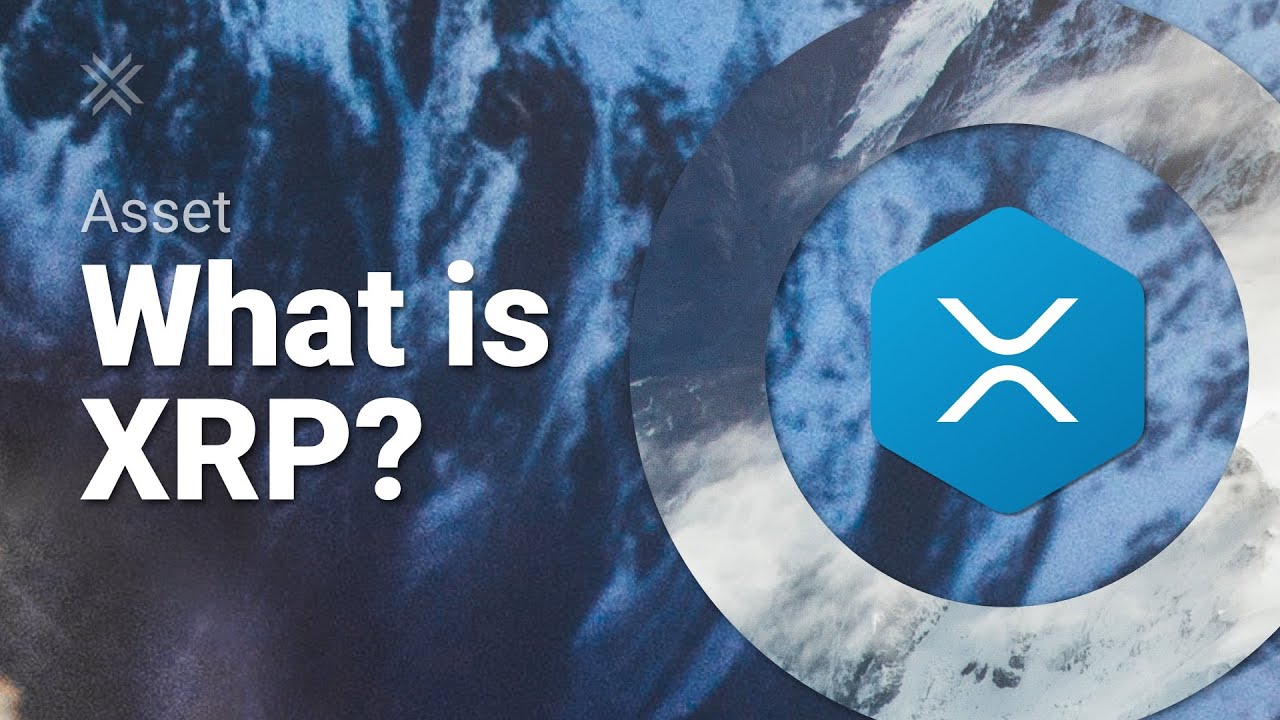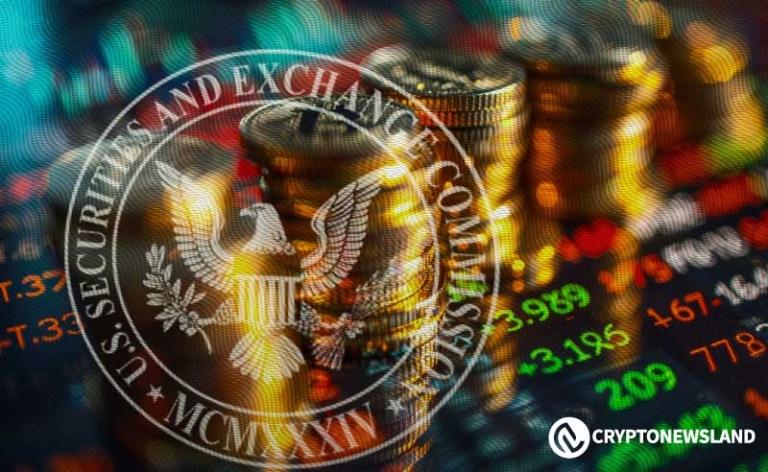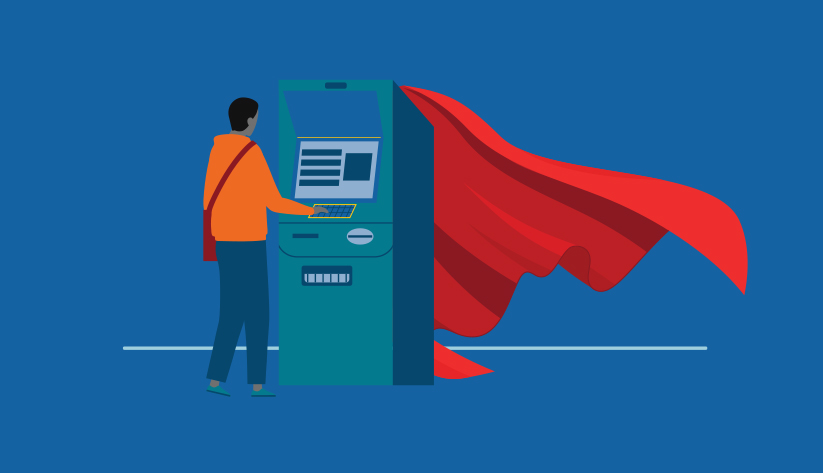XRP Explained: What Is It And How Does It Work?

Table of Contents
What is XRP?
XRP is a cryptocurrency, but unlike Bitcoin or Ethereum, it's not designed primarily as a store of value or platform for decentralized applications (dApps). Instead, XRP’s core function is to enable fast and inexpensive international money transfers. It's a digital asset that facilitates transactions across different currencies and payment systems, acting as a bridge currency. This functionality is deeply intertwined with RippleNet, a network utilized by financial institutions globally for streamlined global payments.
- XRP is not mined like Bitcoin: Its total supply is predetermined, unlike Bitcoin's inflationary model.
- XRP operates on its own ledger (XRPL): The XRP Ledger is a decentralized, open-source public ledger that records all XRP transactions.
- XRP's primary use case is cross-border payments: Its speed and low cost make it attractive for international transactions.
- XRP aims to provide faster and cheaper transactions: Compared to traditional banking systems, XRP offers significantly reduced transaction times and fees.
How Does XRP Work?
The XRP Ledger (XRPL) is the backbone of the XRP ecosystem. It utilizes a unique consensus mechanism called the Ripple Protocol Consensus Algorithm (RPCA) to validate transactions. Unlike Proof-of-Work (used by Bitcoin) or Proof-of-Stake (used by Ethereum), RPCA is designed for speed and efficiency, enabling rapid transaction processing.
Sending and receiving XRP is straightforward. Users need a digital wallet to store and manage their XRP. Transactions are broadcast to the XRPL network and quickly validated by the RPCA. What sets XRP apart is its ability to act as a bridge between different currencies. For example, a bank in Japan sending Yen to a bank in the US could use XRP to facilitate the transaction. The Yen is converted to XRP, transferred across the XRPL, and then converted back to USD at the receiving end. This process eliminates the need for intermediaries and significantly reduces transaction time and costs.
- Transactions on the XRPL are fast and inexpensive: Transactions are typically confirmed within a few seconds.
- The XRPL uses a unique consensus mechanism for validation: RPCA prioritizes speed and efficiency.
- XRP bridges different fiat currencies and cryptocurrencies: It acts as an intermediary to enable seamless cross-border payments.
- Bridging currencies with XRP: This process involves converting the source currency to XRP, transferring the XRP, then converting it to the destination currency, significantly improving efficiency.
XRP vs. Other Cryptocurrencies
XRP distinguishes itself from other major cryptocurrencies like Bitcoin and Ethereum through its specific design and functionality. Bitcoin, primarily a store of value, lacks the speed and scalability required for high-volume, real-time transactions. Ethereum, while enabling smart contracts and decentralized applications, suffers from higher transaction fees and slower speeds compared to XRP.
- XRP's focus on payments vs. Bitcoin's store-of-value function: XRP prioritizes transaction efficiency, while Bitcoin emphasizes its role as a digital gold.
- XRP's speed and low fees compared to Ethereum's smart contract capabilities: XRP offers significantly faster and cheaper transactions than Ethereum.
- XRP's role in facilitating institutional adoption of cryptocurrencies: Its focus on institutional use cases makes it attractive to banks and financial institutions.
The Role of Ripple and XRP
Ripple, the company, is the driving force behind XRP's development and adoption. They created the XRP Ledger and RippleNet, a global network facilitating cross-border payments for financial institutions. RippleNet uses XRP to reduce costs and expedite transactions for its clients, making international money transfers more efficient.
- Ripple develops and promotes the use of XRP: The company plays a crucial role in the XRP ecosystem's growth.
- RippleNet is a network of financial institutions using XRP: This network leverages XRP's capabilities for faster and cheaper cross-border payments.
- The relationship between Ripple's technology and XRP's functionality: Ripple's technology is deeply integrated with XRP's design and purpose.
Risks and Considerations of XRP
It's crucial to acknowledge the risks associated with XRP. The ongoing legal battles between Ripple and the SEC regarding XRP's regulatory status create uncertainty. Furthermore, as with all cryptocurrencies, XRP is subject to market volatility, meaning its price can fluctuate significantly.
- Ongoing legal challenges facing Ripple: The SEC lawsuit introduces significant regulatory uncertainty.
- Market volatility and potential for price fluctuations: XRP's price can be highly susceptible to market changes.
- Risks associated with storing and managing XRP: Security is paramount when storing and managing your XRP holdings.
Conclusion
XRP presents a unique proposition in the cryptocurrency landscape. Its primary function as a fast, low-cost bridge currency for international payments distinguishes it from other digital assets. While its potential to revolutionize global finance is considerable, it's essential to be aware of the regulatory uncertainties and inherent market volatility. Understanding both the advantages and the risks is key to making informed decisions about XRP. Ready to delve deeper into the world of XRP? Learn more about this innovative cryptocurrency and its potential to revolutionize global finance!

Featured Posts
-
 Ripple Lawsuit Secs Potential Commodity Classification Of Xrp In Settlement Talks
May 02, 2025
Ripple Lawsuit Secs Potential Commodity Classification Of Xrp In Settlement Talks
May 02, 2025 -
 Experience The Donkey Roundup A Southern California Community Celebration
May 02, 2025
Experience The Donkey Roundup A Southern California Community Celebration
May 02, 2025 -
 Fortnite Understanding The Reasons Behind Recent Game Mode Closures
May 02, 2025
Fortnite Understanding The Reasons Behind Recent Game Mode Closures
May 02, 2025 -
 What Florida And Wisconsins Voter Turnout Reveals About The 2024 Election
May 02, 2025
What Florida And Wisconsins Voter Turnout Reveals About The 2024 Election
May 02, 2025 -
 Esir Ailelerinin Meclis Protestosu Guevenlik Guecleriyle Fiziki Olaylar
May 02, 2025
Esir Ailelerinin Meclis Protestosu Guevenlik Guecleriyle Fiziki Olaylar
May 02, 2025
